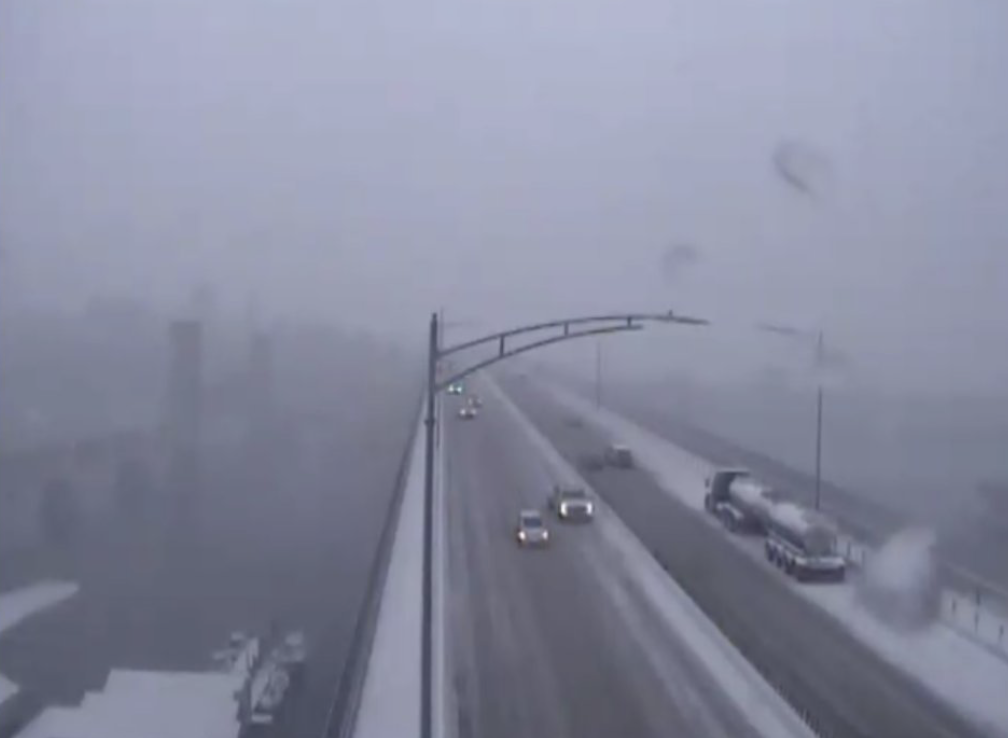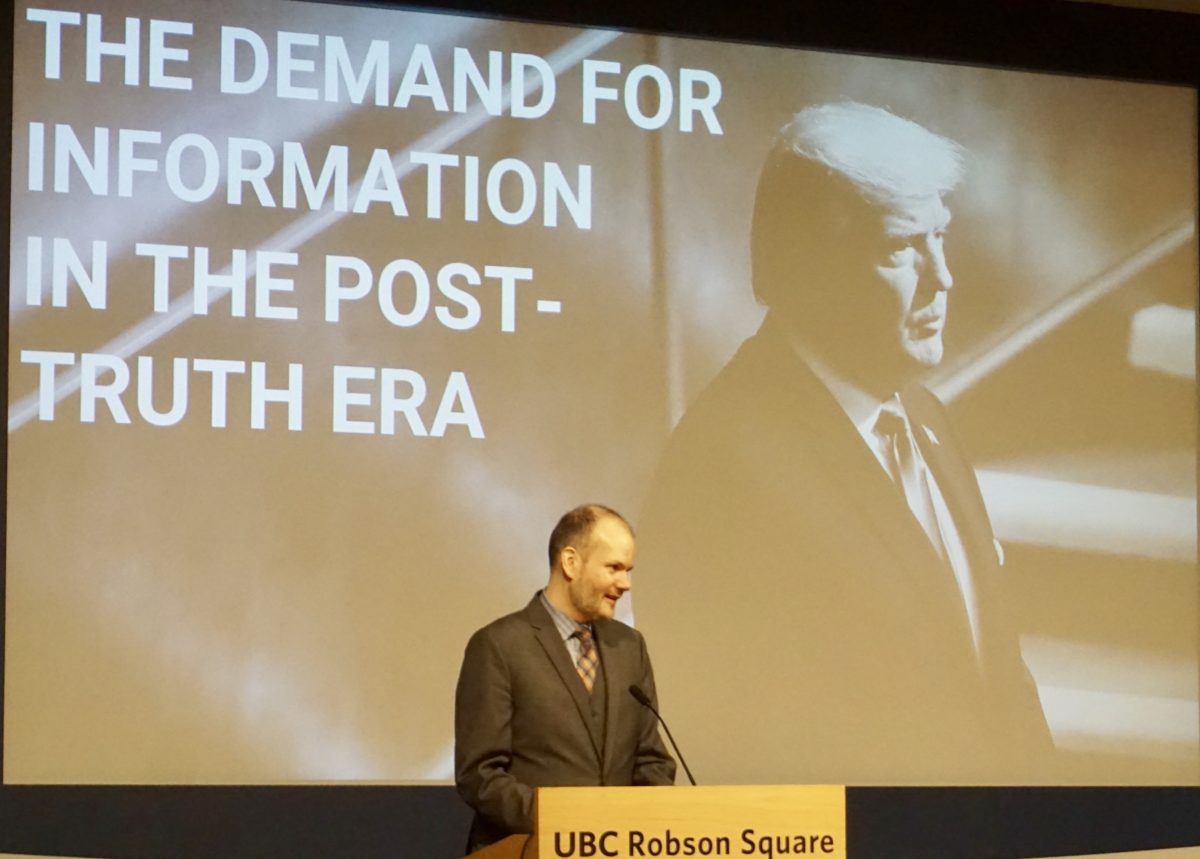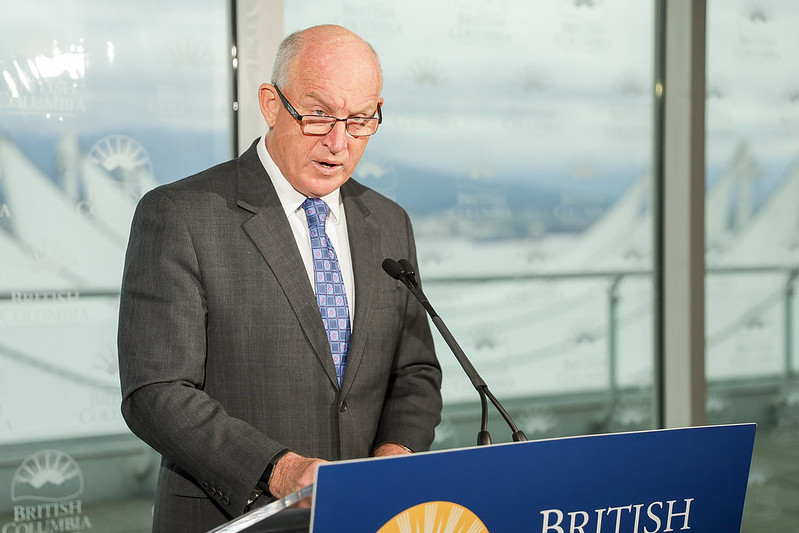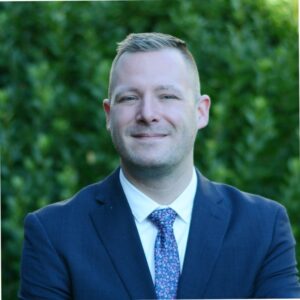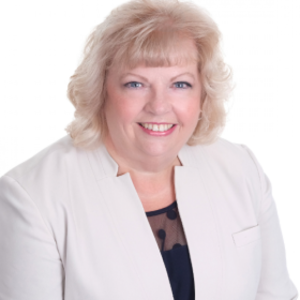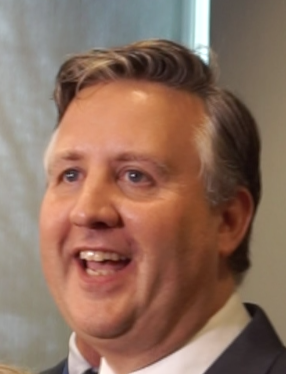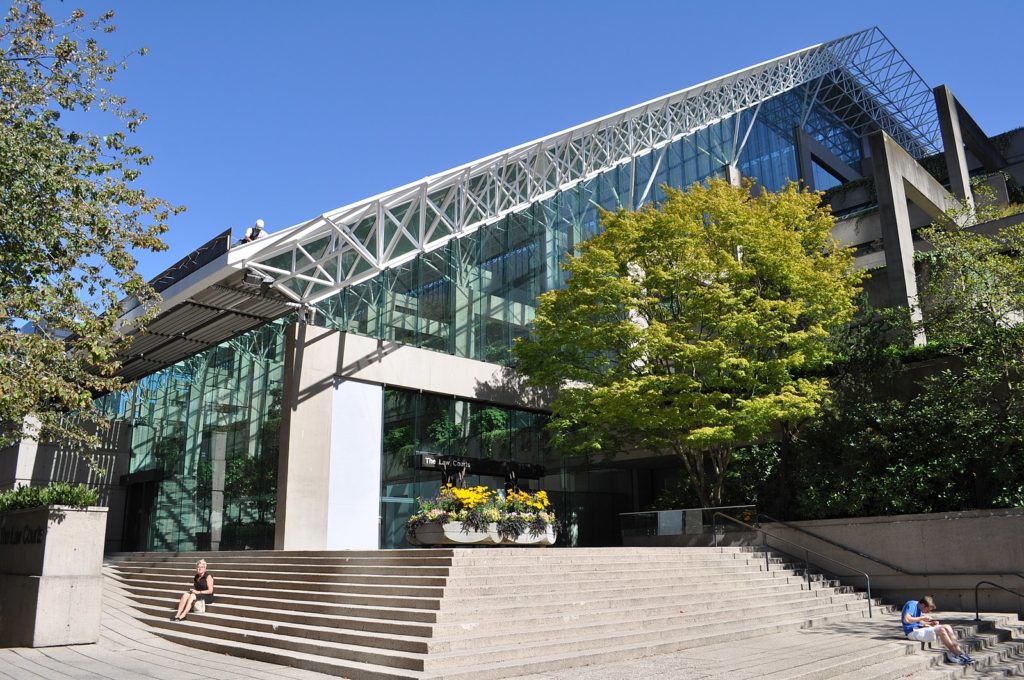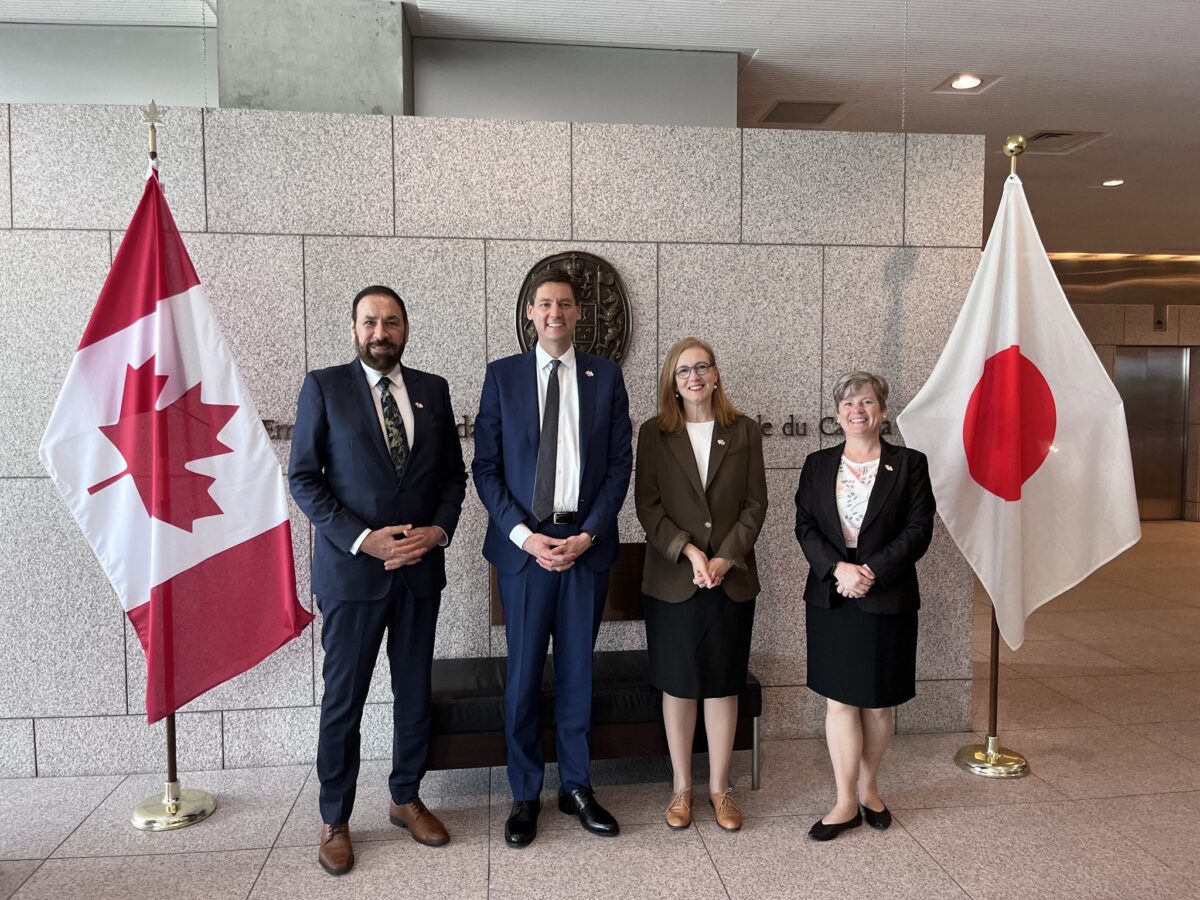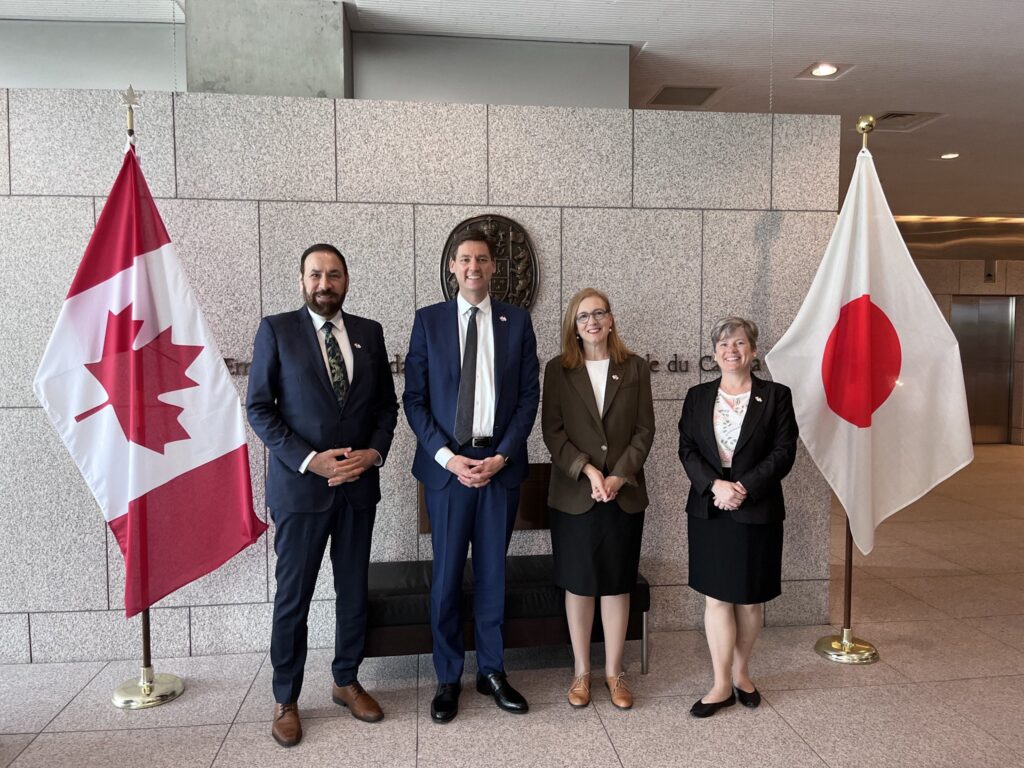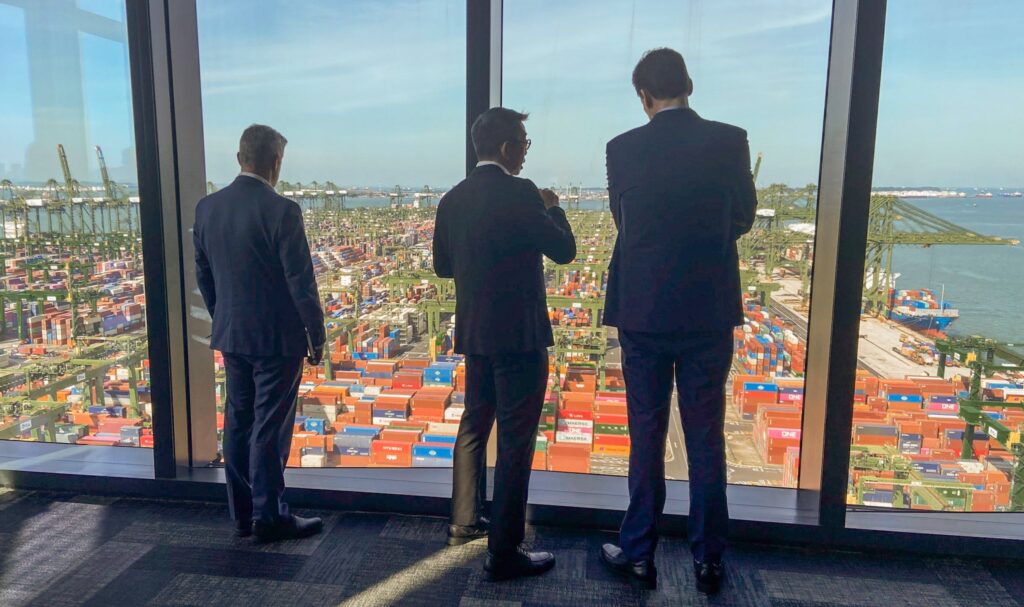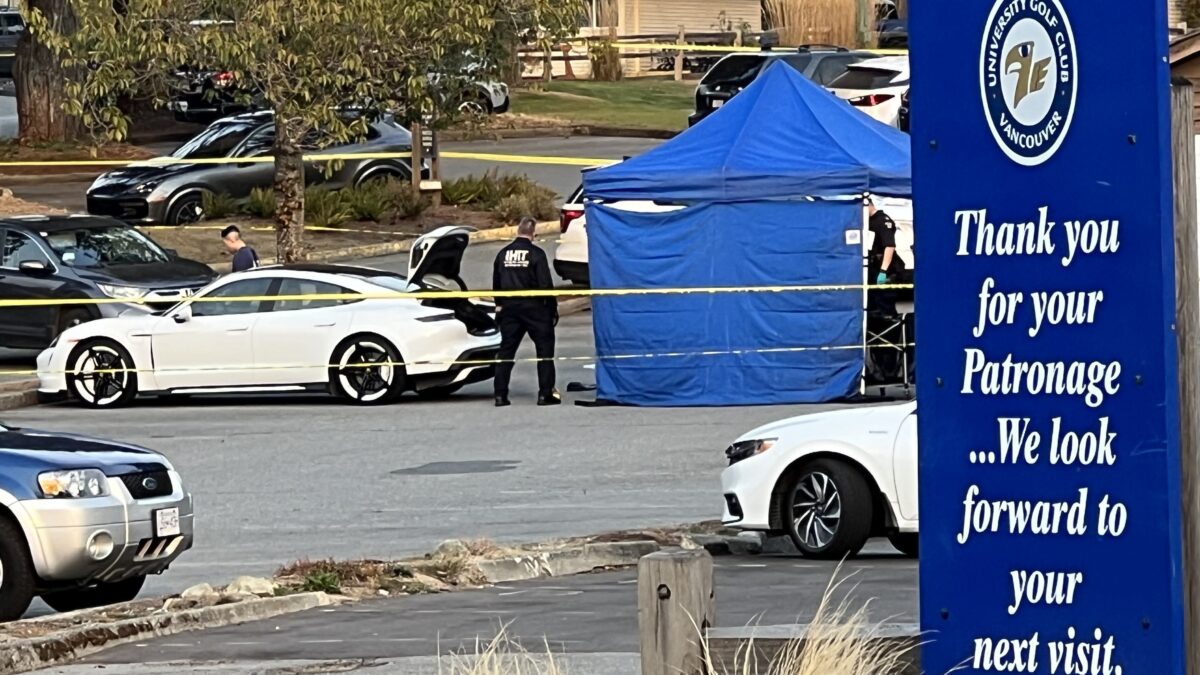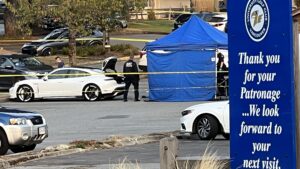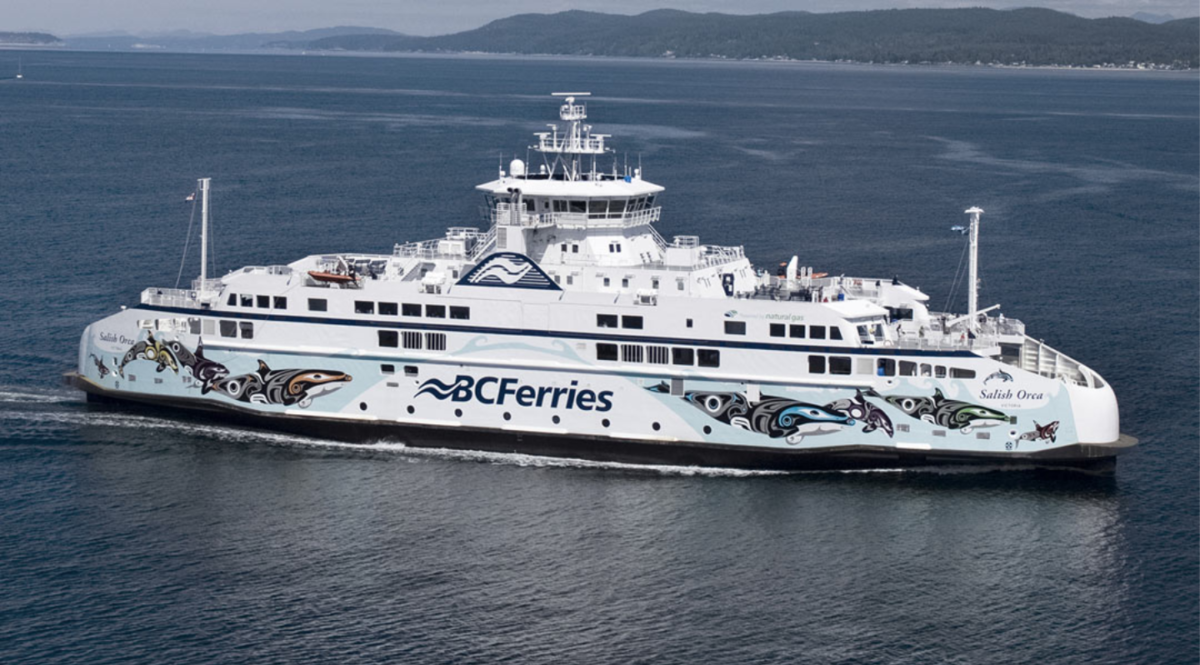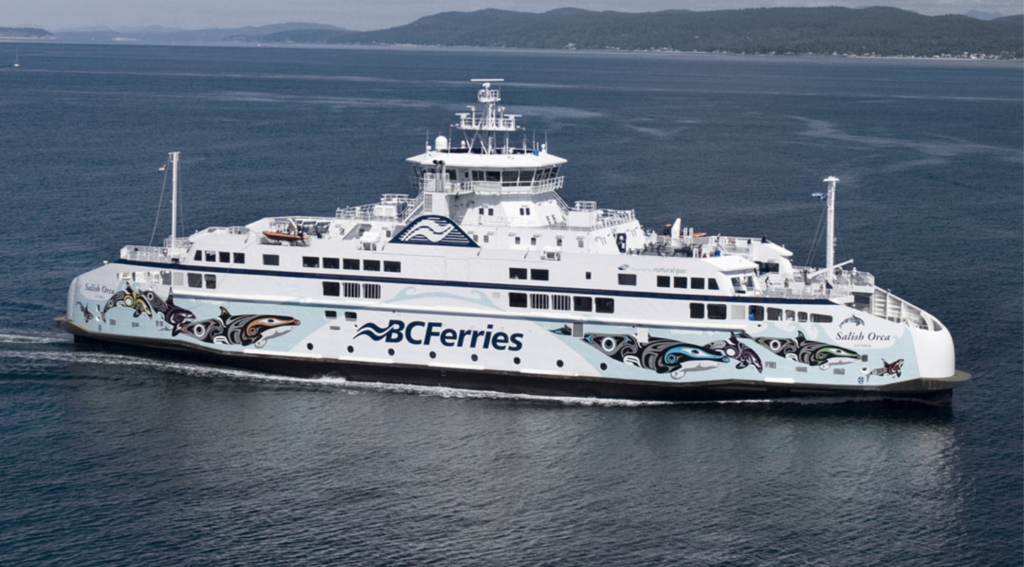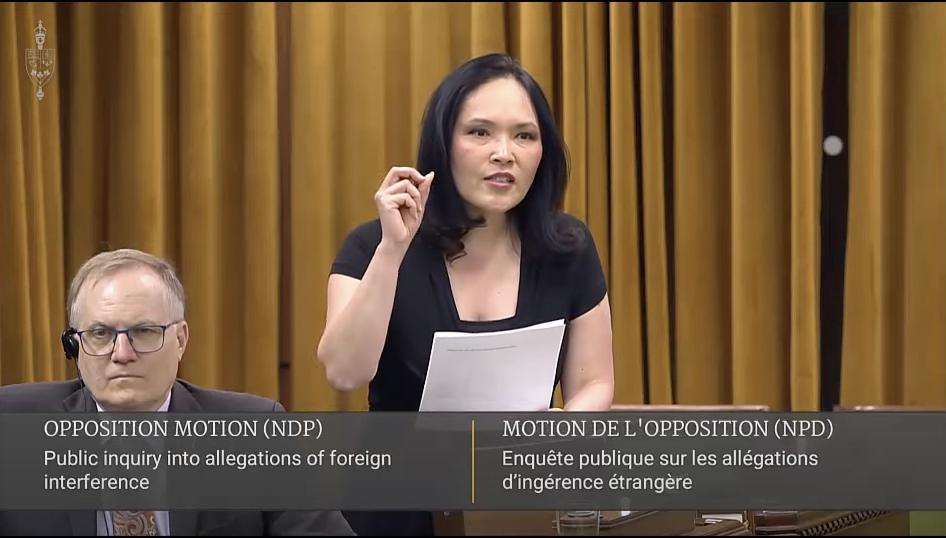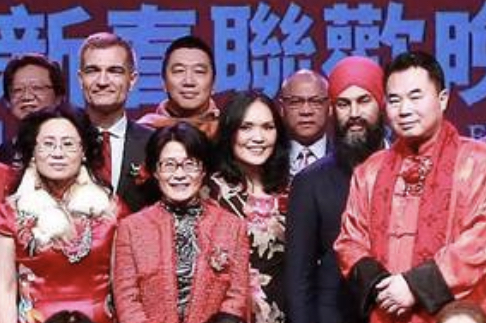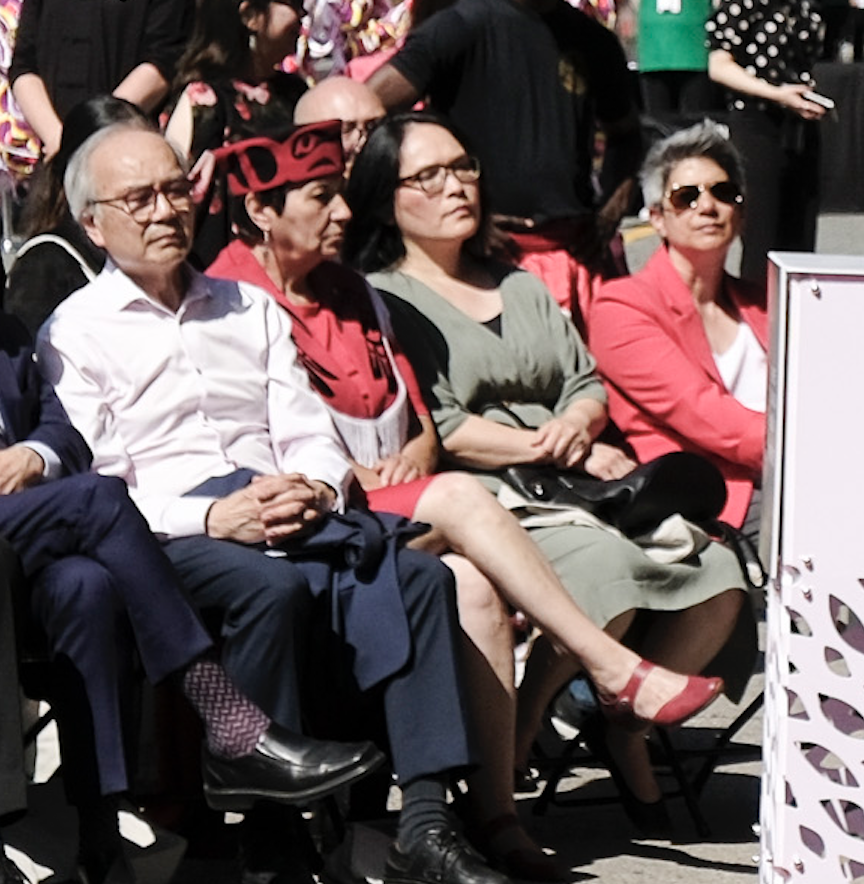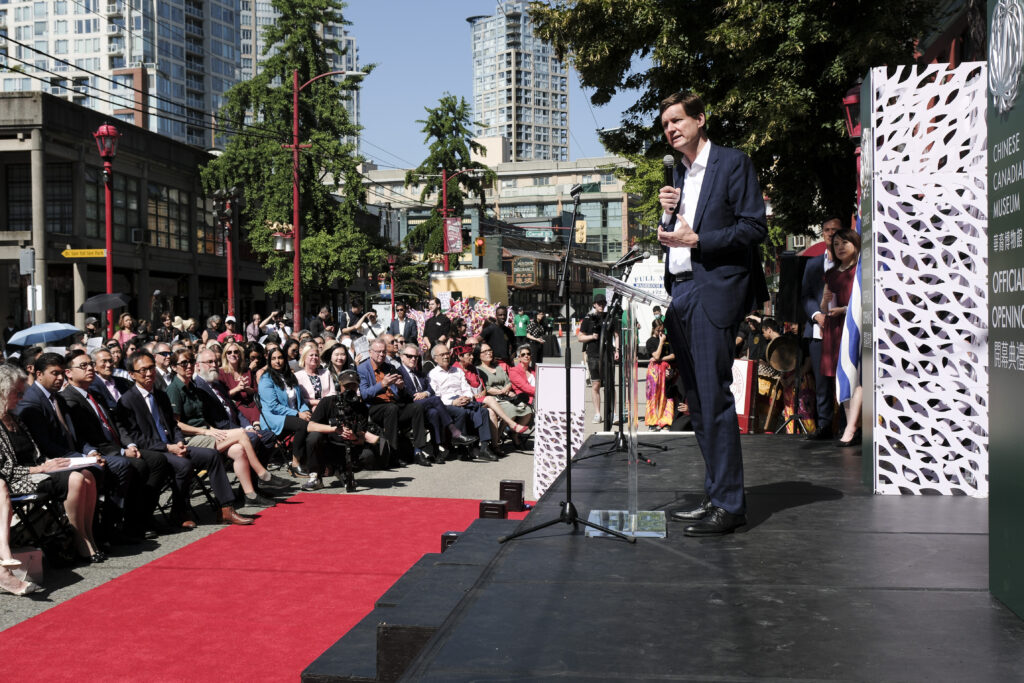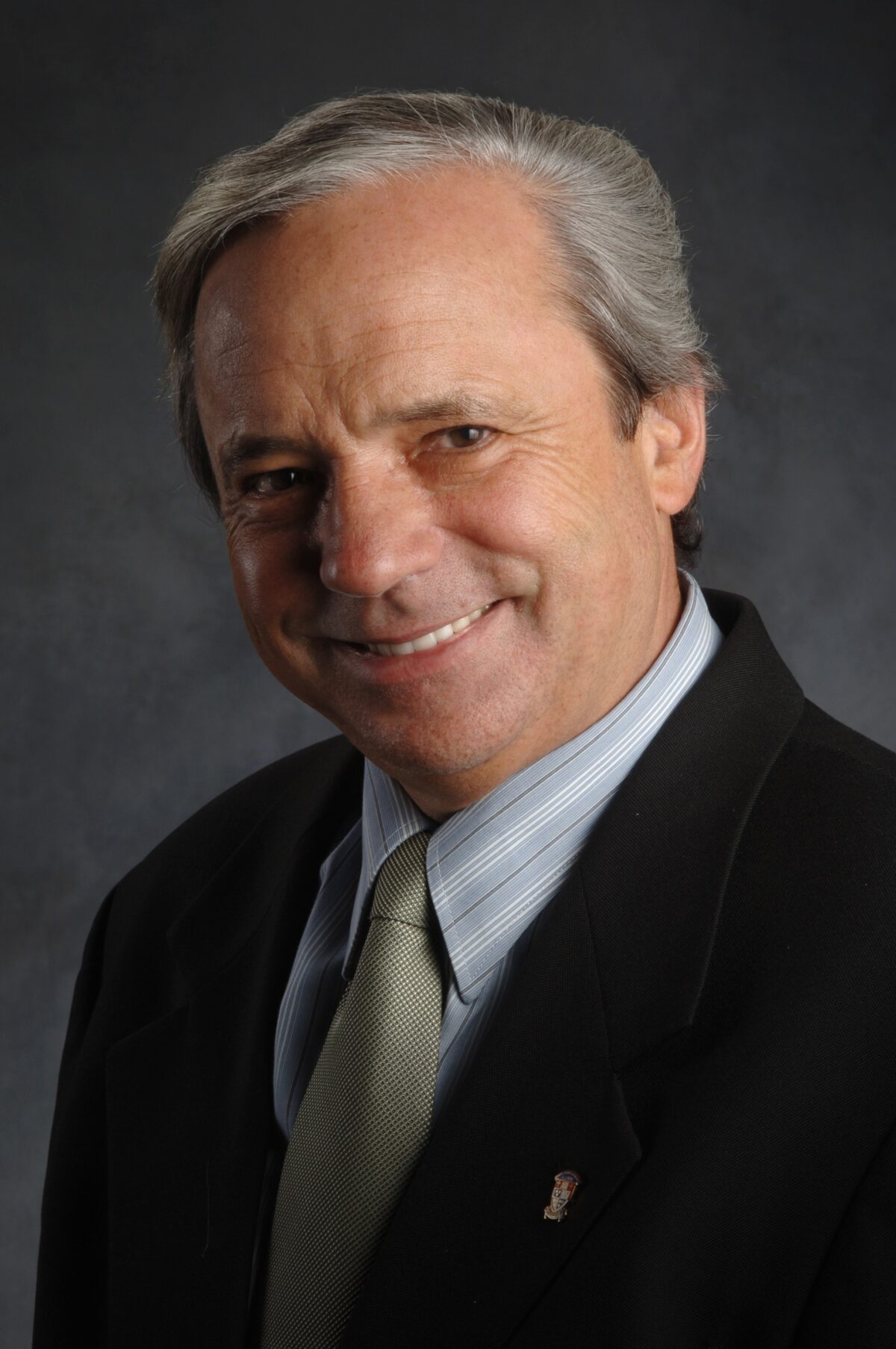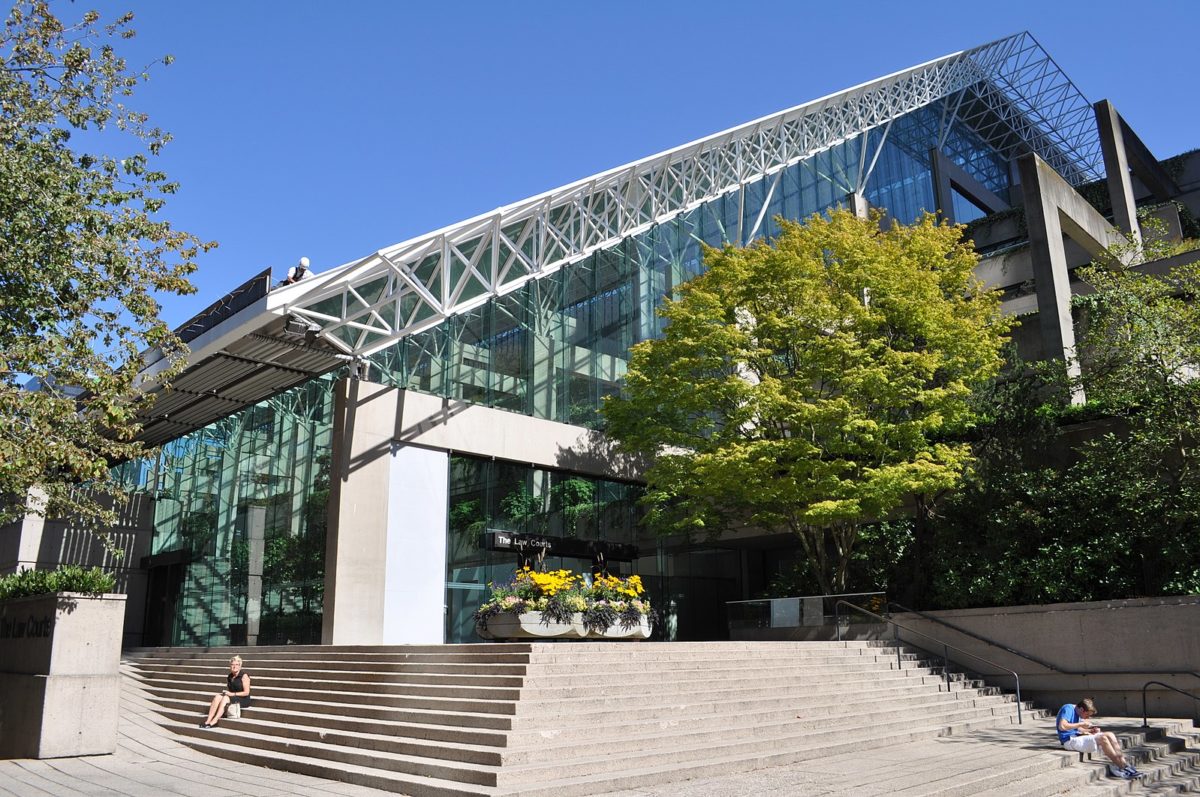Storm of confusion the week before Christmas, exposed in summer after NDP delays release of documents
Bob Mackin
’Twas the week before Christmas, when a snowstorm vexed, a District of North Vancouver communications manager appealed for an emergency mass-text.

(@Brad604/Twitter)
But Carolyn Grafton’s request to issue a warning last Dec. 18, about the dangerous conditions on Highway 1, was met with confusion from provincial officials, according to correspondence obtained under freedom of information.
Westbound lanes were closed between Mountain Highway and Lynn Valley Road exits when Grafton emailed the director of North Shore Emergency Management (NSEM) at 9:23 a.m. on Dec. 18. She asked if DriveBC, the Ministry of Transportation and Infrastructure’s traveller information service, could issue an “Alertable” as soon as possible.
Alertable is the free emergency notification app used by NSEM, Metro Vancouver and City of Vancouver. The province, however, relies on the nationwide Alert Ready system, which sends emergency text messages through mobile phone networks and warnings that interrupt TV and radio programs about specific natural disasters.
NSEM director Emily Dicken forwarded Grafton’s message to Emergency Management BC (EMBC) regional manager Craig Bland. A half-hour later, provincial duty manager Gabe Carpendale wondered: “Is DriveBC going to be pushing one out on the app? And is this the best email for getting information on this type of request?”
At 10:54 a.m., James Shaw, an agent with the Transportation Management Centre, replied to Carpendale.
“Unfortunately, our team does not have any control over the Alertable app and will not be pushing any updates regarding this incident,” Shaw wrote. “Public updates we provide are done through Twitter, DriveBC.ca, and overhead messaging boards. Luckily, however, the situation at Mountain Highway has improved considerably and two of the three lanes have been cleared. Only the right lane remains blocked.”
Shaw suggested the Howe Sound operations manager may know who to contact about Alertable updates. Chris Lee, the South Coast region director, emailed regional executive director Ashok Bhatti and Elena Farmer, the Lower Mainland district manager, at 12:08 p.m.
“Do you know if this alert is in the work or?” Lee wrote.”Seems good idea but not sure cost vs. probability of using it?”
“I am not sure what is being referenced here,” wrote Bhatti when he replied Dec. 19 at 11:07 a.m. “Perhaps we can chat tomorrow.”

Ironworkers Memorial Second Narrows Bridge on Dec. 18, 2022 (DriveBC/Twitter)
In spring 2022, almost a year after the “heat dome” that led to 619 deaths, NDP Solicitor General Mike Farnworth announced the province would use the Alert Ready system more often, beyond tsunami warnings and Amber Alerts, to warn about imminent threats from floods and wildfires, and when extreme heat is forecast. Snowstorms were not mentioned in Farnworth’s news release.
An EMBC briefing note from July 29, 2021 for Deputy Minister Tara Richards concluded that there were too many emergencies in too many places and not enough people trained to warn the public. The result was a lack of progress in implementing the broadcast intrusive public alerting solution that B.C. has tested since 2018. Alert Ready was finally used in a real situation on Nov. 25, 2021, when Vanderhoof RCMP warned about a shooting rampage in the town centre.
Why is a story on last December’s highway snow and ice conditions running in July?
The NDP government exploited weaknesses in B.C.’s freedom of information law to delay disclosure for all of winter and spring and some of summer.
A reporter paid the $10 non-refundable application fee on Dec. 21, 2022, the first day of winter, in search of correspondence between the South Coast’s top highway managers. The Ministry set Feb. 6, 2023 as the initial deadline for a response.
On Jan. 26, the Ministry cited a large volume of records to search, so it invoked an extension to March 21, the first full day of spring. On March 15, however, it invoked another delay clause to May 4 in order to consult an unspecified third-party or another public body. It actually went to the Office of the Information and Privacy Commissioner (OIPC), which gave it even more time, through May 26.
The records were not disclosed until July 5. The law contains no fine for late disclosure of documents.
The file came with a covering letter from Rosemary Deacon of Information Access Operations, the government’s central FOI department, which suggested highways officials had their minds on something other than the unfolding snowstorm that wreaked havoc with holiday season traffic.
“This request includes correspondence and reports about projects in development that have not been made public yet and thus are withheld,” Deacon wrote. “They are not related to any winter events.”
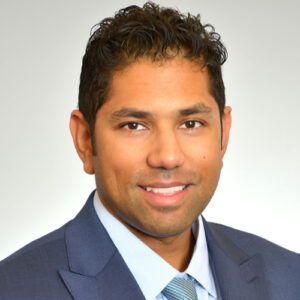
Ministry of Transportation and Infrastructure’s Ashok Bhatti (LinkedIn)
The file originally contained 353 pages, but only 127 were provided. Many of those were censored. The government used eight clauses in the law to withhold information, including protected policy and legal advice, cabinet confidentiality, conservation of heritage sites, personal information and fear of harm to government finances and third-party business interests.
In a 2020 report card on government access to information timeliness, the OIPC found the Ministry of Transportation and Infrastructure’s score fell from 92 to 85 between April 1, 2017 and March 31, 2020. It was consistently number four in lowest-average processing times, but slowed from 26 business days to 38 over the three-year period.
In 2019-2020, the number of requests for general, non-personal information, for which the government took a time extension, reached 41%. Five years earlier, the rate was 21%.
“To be meaningful, any access to information system must work in a timely way — access delayed is, in many cases, access denied,” Commissioner Michael McEvoy wrote in the “Now is the time” report. “And any time an access response is outside the legislated timeline, government fails to respect the law.”
Support theBreaker.news for as low as $2 a month on Patreon. Find out how. Click here.
Bob Mackin ’Twas the week before Christmas, when






